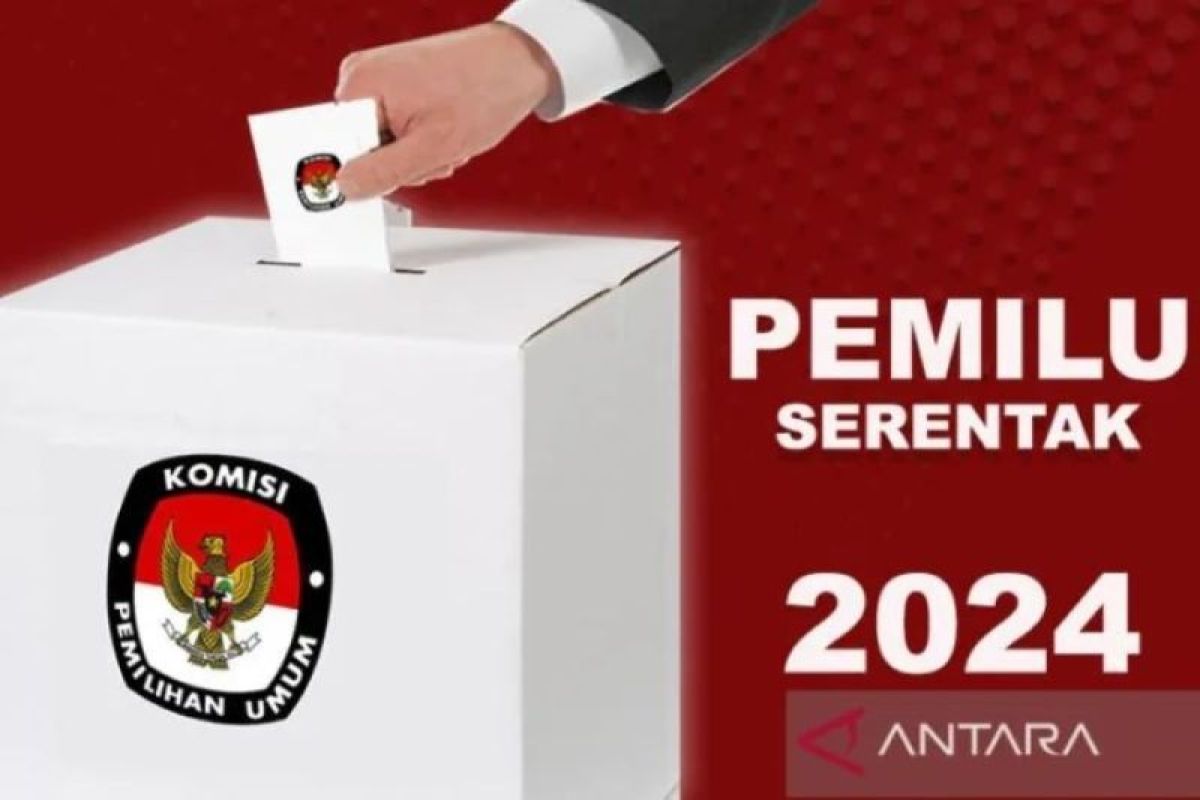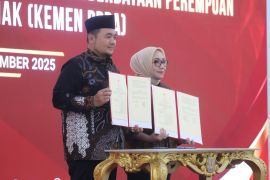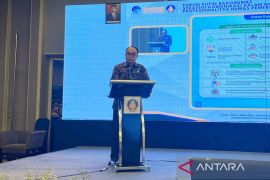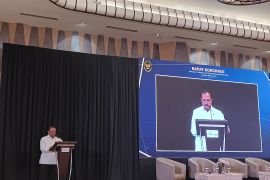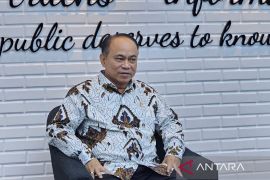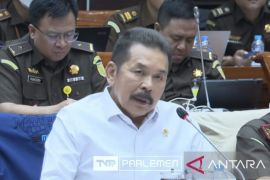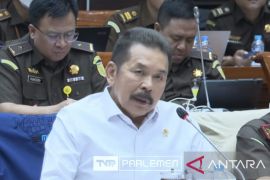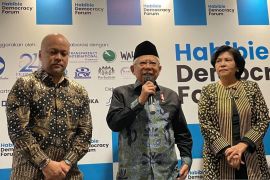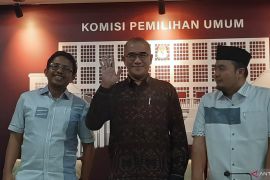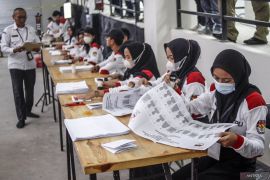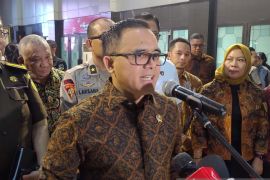In the 2024 elections, the community will vote for president, vice president, and members of the House of Representatives (DPR), the Regional Representatives Council (DPD), and the province, city, and district levels of the Regional Legislative Council (DPRD).
Meanwhile, the regional elections will take place on November 27, 2024, with the people electing governors, deputy governors, district heads, deputy district heads, mayors, and vice mayors across the country.
Currently, the world is still striving to exit the COVID-19 pandemic and enter the endemic stage. It has been estimated that COVID-19 waves will occur in the future.
Therefore, the governments of all countries have been asked to remain alert to respond to all threats that could potentially emerge.
In the period from March 2020, when the first COVID-19 case was confirmed in Indonesia, to September 24, 2022, the country has recorded a total of 6,421,118 COVID-19 cases, 6,241,138 recoveries, and 157,998 deaths.
The challenges presented by the pandemic have become more complex as the world is currently facing economic, food, and energy crises caused by the global pandemic, the Russia-Ukraine conflict, and climate change.
Thus, the implementation of the 2024 general elections may be marked by global uncertainties.
Related news: Examining the opportunity to enter Covid's endemic stage
Challenges and opportunities
The impact of the global crises and the COVID-19 pandemic has become a cause for concern for the General Elections Commission (KPU) for the implementation of the 2024 general elections. The global crises, which have caused an increase in the prices of staple goods, are expected to encourage voters to be more aware during the elections.
This is because the elections will determine who will be elected as public officials. Thus, voters will need to rationally assess their election strategy in order to support the progress of the nation and the state in the future so that Indonesia can remain competitive in the midst of the impacts of the global crises.
With the opportunity for the end of the pandemic in sight, it is hoped that public participation in the 2024 general elections will be even greater.
Thus, the KPU will need to consult with the parties or authorities that are in charge of COVID-19 handling in the country on the implementation of the health protocols in election activities involving large masses of voters.
As a form of mitigation, the results of the consultation will serve as a reference for the KPU as the election organizer in formulating the draft General Elections Commission Regulation (PKPU). Earlier, during the simultaneous regional elections in 2020, the KPU had implemented health protocols to prevent the spread of COVID-19.
The KPU, indeed, needs to set a dissemination strategy by using an edutainment or creative communication approach to increase voter participation and education in elections. This would help improve people’s understanding of the harm that “money politics” or vote buying can inflict on the democracy in the country.
Related news: KPU launches implementation stages of 2024 General Election
Lessons from the 2020 regional elections
The implementation of the 2020 regional elections amid the COVID-19 pandemic should provide lessons for the 2022 general elections, though, in this case, several adjustments will need to be made.
In the context of general election implementation, budget reallocation is needed in order to anticipate the threat of crisis situations related to COVID-19 or others, which could affect the implementation of the 2024 general elections.
Increased or flexible budget allocations need to be prepared to anticipate unexpected situations in the future, such as those related to the COVID-19 pandemic.
It will also be necessary to adjust technical regulations and regulatory frameworks regarding the implementation of elections by taking into account the prevention of COVID-19 transmission, starting from the campaign to the voting process.
The legal framework must be prepared fully so that it is relevant to all situations, whether or not there is a pandemic-related crisis. Meanwhile, an unprepared, irrelevant, and changing legal framework could create legal uncertainty.
Then, in the context of electoral politics, the economic impact faced by the community due to the COVID-19 pandemic has brought special attention to social assistance, which may be politicized to boost electability, especially by incumbents who are considered to have access to social assistance and its distribution.
The 2020 regional elections resulted in many disputes in the Constitutional Court (MK) one year later, with many of the allegations of violations related to social assistance. Social assistance could lead to vote buying that could affect people's preferences in voting.
Although vote-buying practices may pose a challenge, voters in the 2024 general elections are expected to be better educated on politics, in line with easier access to information on social media and mass media.
Related news: KPU RI expects high voter turnout in 2024 General Elections
Related news: KPU must commit to professional conduct of 2024 elections: minister
Editor: Suharto
Copyright © ANTARA 2022
